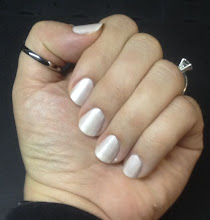The third book that I read for this series was Song of Solomon, by Toni Morison.
This novel tells the story of Macon Dead (III), a young black man born and raised in Michigan. Throughout the early part of his life, he is defined almost entirely by the people around him. As the story progresses he is is driven to take control of the direction of his own life, as he searches for the origin of his family roots, which are shrouded in mystery throughout the story.
I posted a tweet, a week or so ago, about why High School makes you hate reading. I think this novel is a case in point. It is the sort of book that literary critics love because it is full of complex themes, and symbolic imagery, that makes some people feel smart. The problem is that it's also the sort of book that can bore the rest of us to tears. Now I'm not against any of those literary tools, provided they are not used at the expense of storytelling. The story told in this book is not bad, in-fact, it is pretty good in some places. The problem is that it's not great and at times the book meanders along at a pretty slow pace. I feel a little more scholarly having read it, but I cannot say that it was particularly enjoyable.
Since this book was read in celebration of Banned Book Week, I suppose I should comment on how I feel about attempts to restrict the readership of this novel. First and foremost, this is a novel for adults. I don't care how many Nobel Prizes Toni Morrison has, this novel is not appropriate for kids under the age of about 15, it doesn't belong in Middle School Libraries, and I wouldn't be comfortable if it was assigned reading even for a High School student. Nevertheless I think that any teenager mature enough to get through the first few chapters, could handle this book.

